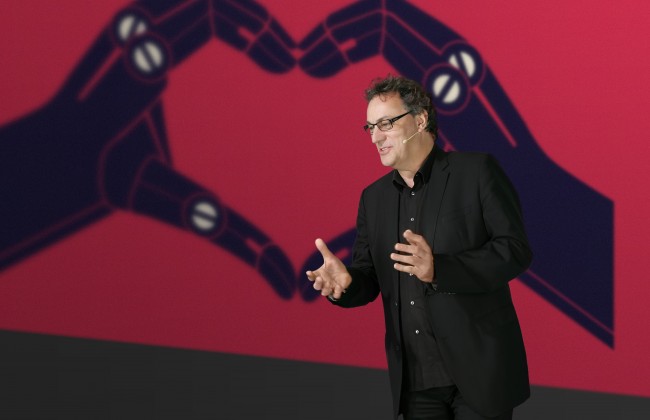
The disruptive forces of technology surrounding wealth management (Futurist Gerd Leonhard featured in UBS Asia video)
I went to HongKong in December 2015 to spend a ...
29
Feb 2016

The Technium: Why Kevin Kelly does not worry about a Super AI (and I quite disagree on that)
The Technium: Why I Don’t Worry About a Super AI
https://kk.org
via Instapaper
28
Feb 2016
inverted totalitarianism
In inverted totalitarianism, every natural resource and every living being is commodified and exploited to collapse as the citizenry is lulled and manipulated into surrendering their liberties and their participation in government through excess consumerism and sensationalism”
Week 7 | import digest
https://malm.teqy.net/2016/02/23/week-7-2/
via Instapaper
24
Feb 2016

New video in German language: Zurück von der Zukunft – Digitale Transformation 2020 (Keynote at RWE Forum Essen, 11/2015)
Finally, here it is Please visit my German site for ...
23
Feb 2016
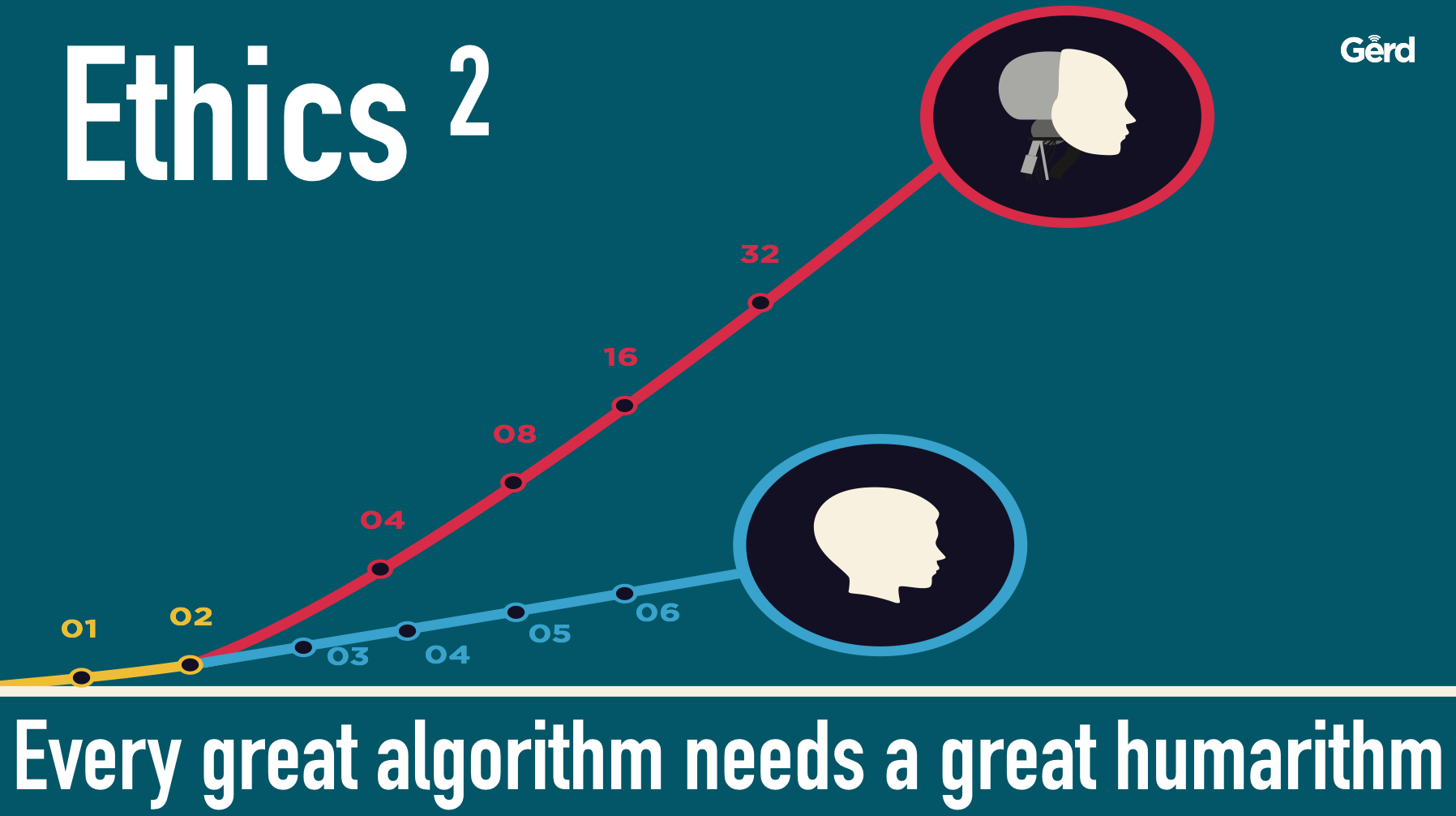
The age of digital ethics is beginning
...and everyone is buzzing with it: Accenture (digital trust, people first) CORDIS / EU (on Gerd Leonhard's TedX talk)Watch Gerd Leonhard's 2014 (!) Ted Talk on thisGerd's Slideshare TedX ...
20
Feb 2016
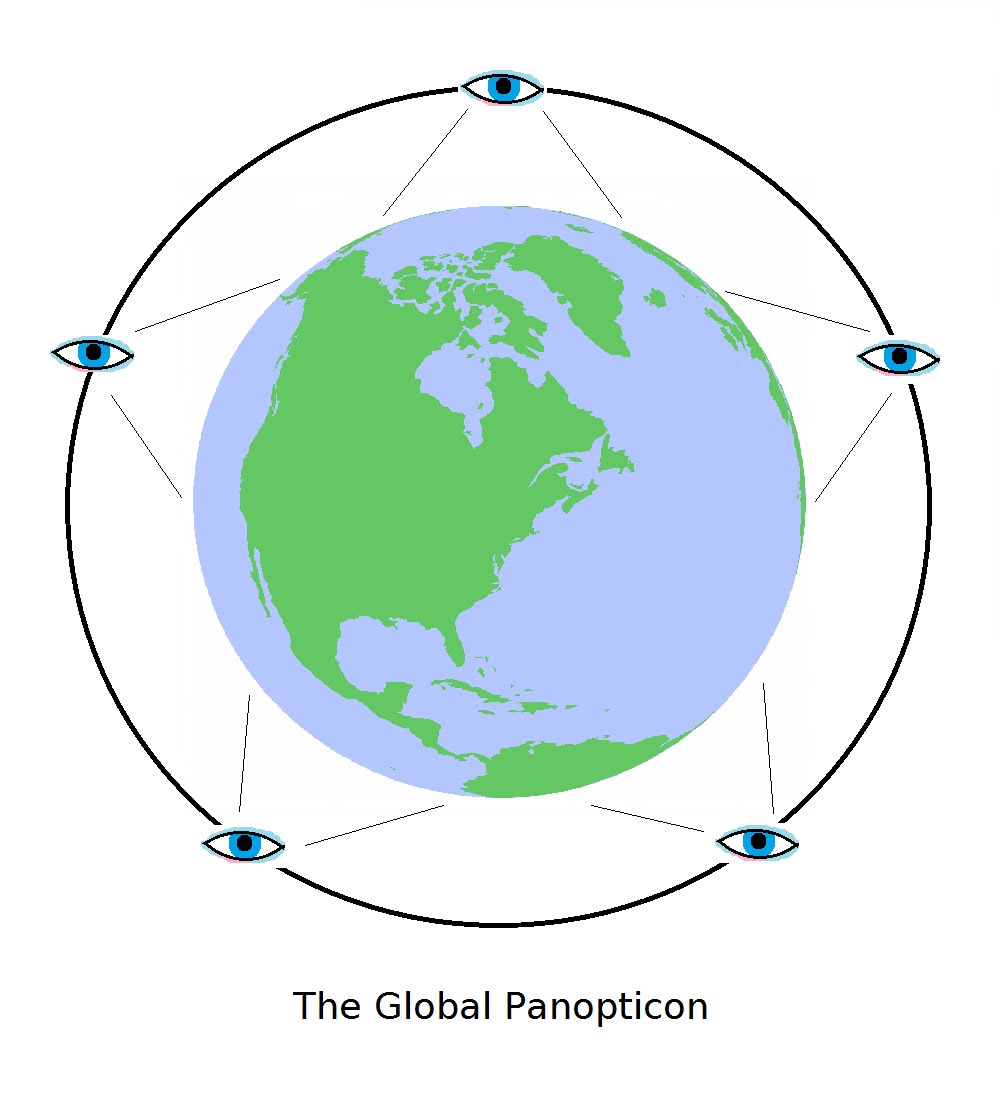
Is this all about freedom versus security? Apple vs the FBI
Read Vivek Wadwha's take on Apple vs FBIRead NYT's opinion piece
19
Feb 2016
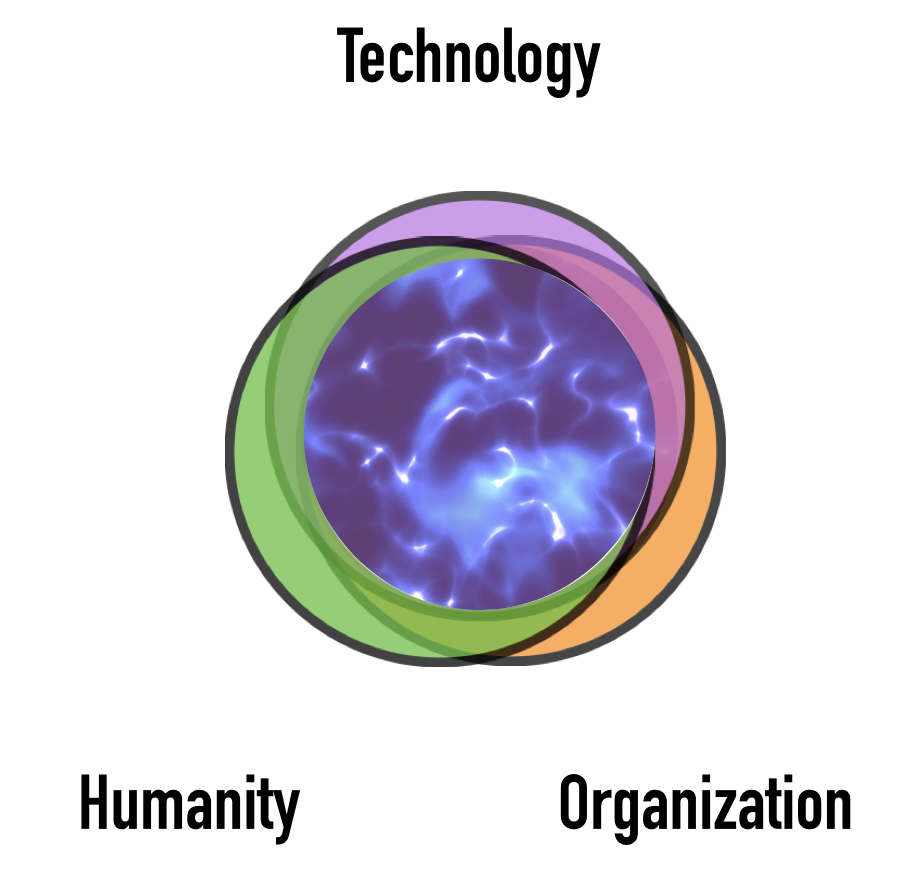
Great quote on taking a holistic approach to knowledge, intelligence and technology (Arthur C. Clarke)
Before you become too entranced with gorgeous gadgets and mesmerizing ...
19
Feb 2016
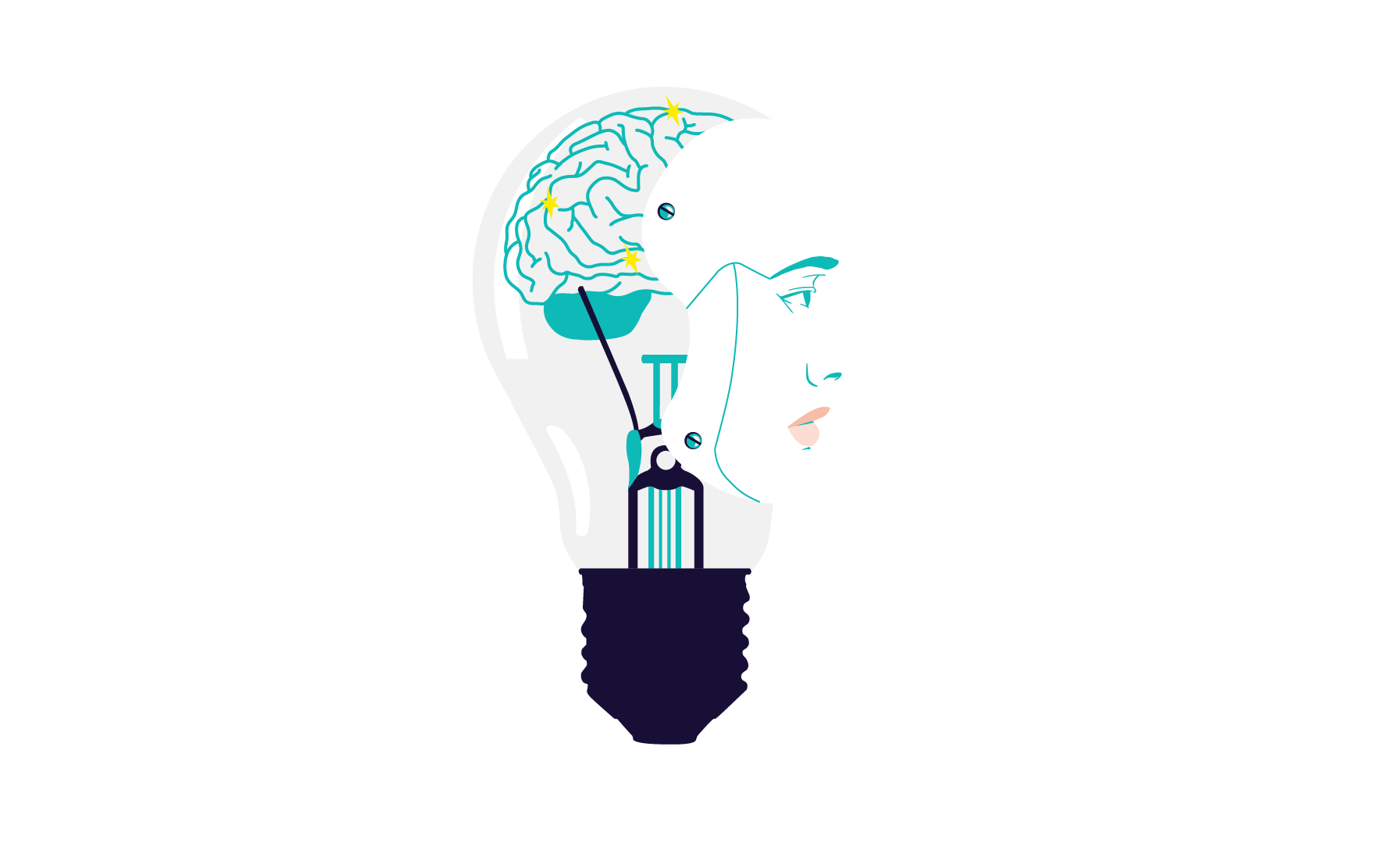
Best GoodReads quotes on Artificial Intelligence (and some related stats, videos)
GoodReads is an incredible tool for finding great quotes and ...
19
Feb 2016

It would be truly remarkable if a Silicon Valley company rejected a profitable technology for ethical reasons (John Markoff)
This comment by John Markoff really nails it for me – ...
19
Feb 2016
When is great technology enough…?
Read more on TechCrunch

18
Feb 2016
Our evolving relationship with technology
We believe that any digital input that disregards human biology — as the desktop environment did — can’t succeed in the 21st century. Our bodies are already rebelling against technology’s impact, and any device that asks us to act more like machines — by fundamentally changing our bodies, habits, vocabulary, or how we relate to one another — isn’t a sustainable option.”
Our evolving relationship with technology
https://blog.thalmic.com/the-evolution-of-computing/
via Instapaper
17
Feb 2016
Computers, the Internet, and the Abdication of Consciousness – made me think
Computers, the Internet, and the Abdication of Consciousness
https://natureinstitute.org/txt/st/jung.htm
via Instapaper
14
Feb 2016

Brilliant new report on the future of work/jobs and the impact of technology/automation (Oxford Martin School, CITI)
If you are wondering how jobs, work, education, training, social ...
14
Feb 2016
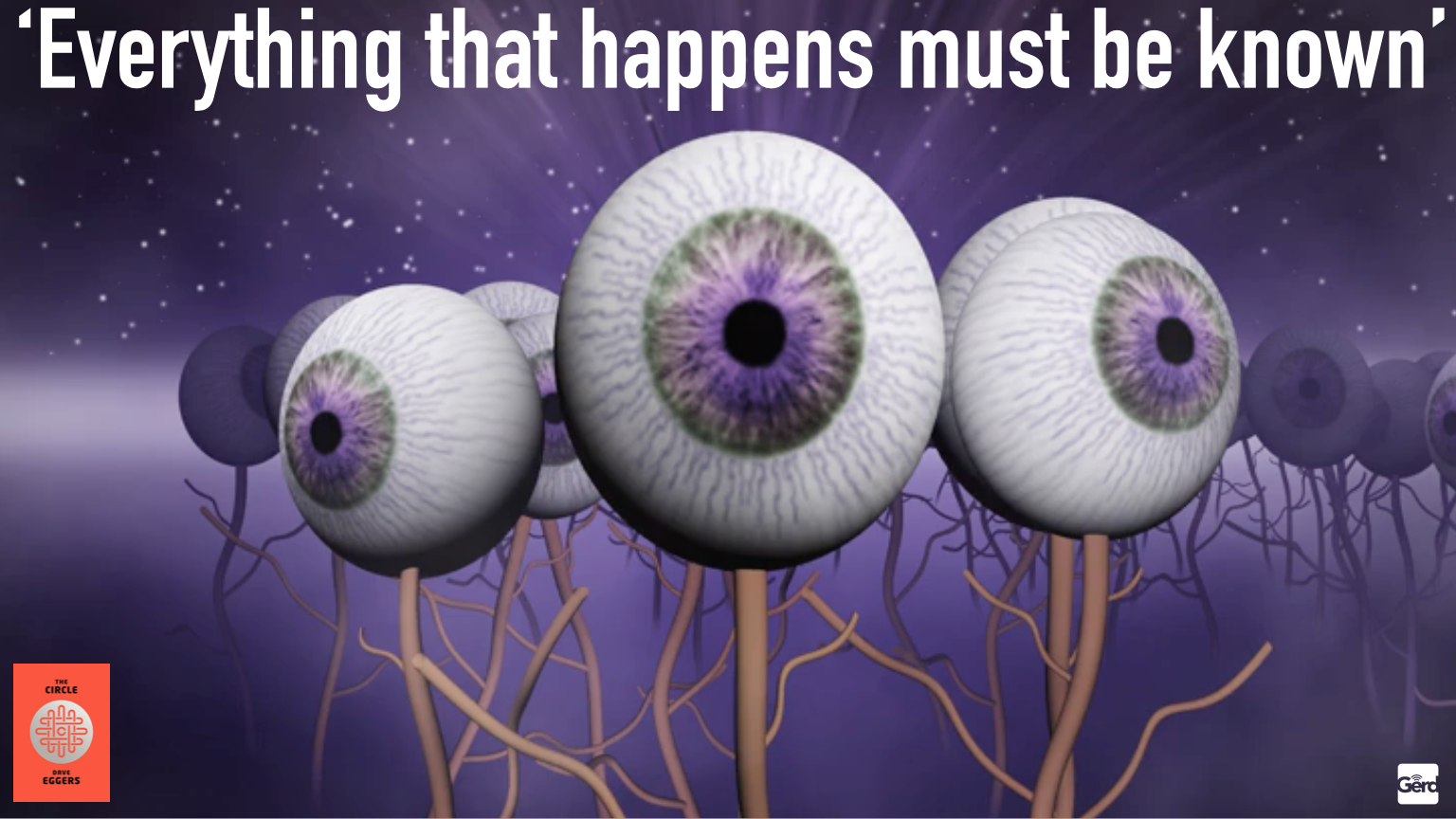
Internet of Things could be used as spy tool by governments says US intel chief (Arstechnica), and Bruce Schneier on the IoT
Internet of Things to be used as spy tool by governments: US intel chief
https://arstechnica.com/tech-policy/2016/02/us-intelligence-chief-says-iot-climate-change-add-to-global-instability/
via Instapaper
11
Feb 2016
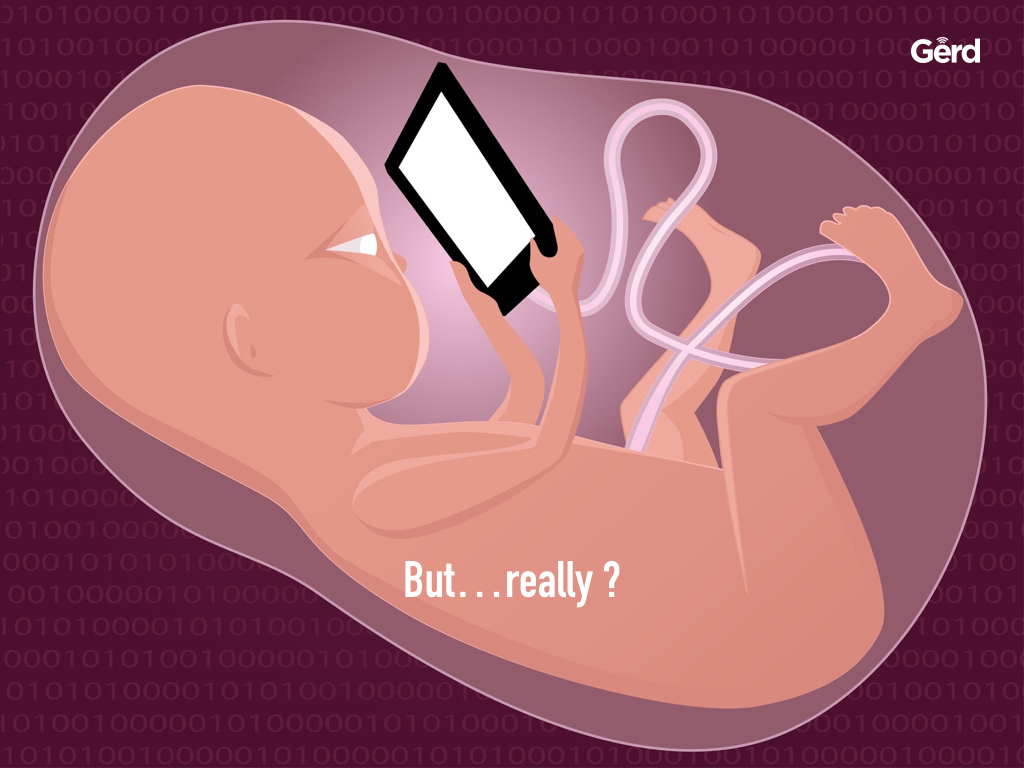
My IVSZ/ MTA Academy presentation in Budapest (PDF): the digital transformation of society: UPDATE: Video, as well
From today's event in Budapest as promised ! 12 MB ...
